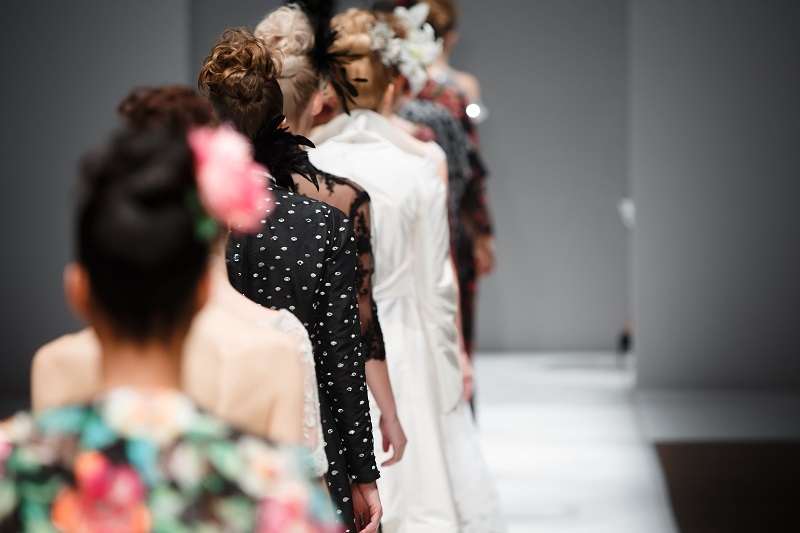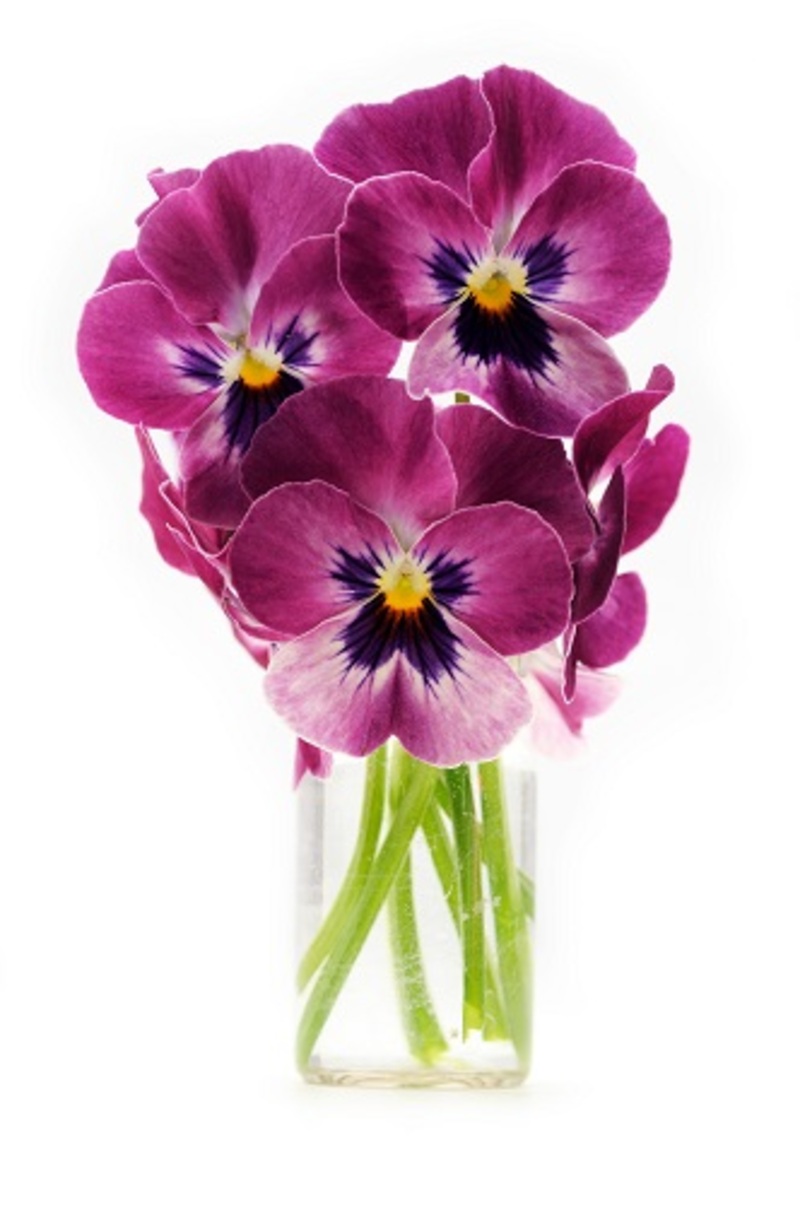The rich tapestry of blooms associated with birth months
Posted on 13/08/2025
The Rich Tapestry of Blooms Associated with Birth Months
Flowers have always captivated the human imagination, inspiring poets, artists, and everyday people with their beauty and symbolism. One of the most enchanting traditions that connect us to flowers is the concept of birth month flowers. Each month is represented by one or more specific blossoms, each carrying deep meaning, stories, and cultural significance. Understanding the rich tapestry of blooms associated with birth months not only enhances our appreciation for flowers but also connects us with history, folklore, and the natural world.
Why Are Birth Month Flowers Important?
- Symbolism: Each bloom tells a story, reflecting personality traits, emotions, and well-wishes for people born in that month.
- Gifting: Giving someone their birth flower is a thoughtful way of celebrating their special day.
- Tradition: The custom of associating flowers with months dates back centuries, intertwining with cultures around the world.
In this comprehensive guide, discover which blooms correspond to your birth month, what each birth month flower symbolizes, and how you can use these blossoms to add a personalized, meaningful touch to your life or special occasions.

Blooms by Birth Month: An In-Depth Guide
January: Carnation & Snowdrop
Carnations are revered for their frilled petals and rich hues, symbolizing love, fascination, and distinction. They endure cold winters with beauty and resilience, mirroring the strength of those born in January.
- Colors & Meanings: Pink for gratitude, white for innocence, red for love.
- Snowdrop: A delicate, nodding white bloom symbolizing hope and new beginnings.
Interesting Fact: In ancient times, carnations were used as ceremonial crowns in Greece and Rome, signifying divine love and devotion.
February: Violet & Primrose
Violets represent modesty, virtue, and faithfulness. While February is often cold and grey, violets offer a splash of color and a whisper of spring.
- Primrose: Means young love and the promise of new beginnings.
- Both flowers embody innocence and loyalty, perfect for the month of love.
March: Daffodil
As one of the first flowers to bloom in spring, the daffodil is the ultimate symbol of renewal and rebirth. Its bright yellow hue brings a sense of warmth and hope.
- Cultural Significance: Associated with the Welsh patron saint, St David.
- Represents new opportunities and happiness.
April: Daisy & Sweet Pea
Daisies symbolize innocence, purity, and true love. They are simple yet profound, with a timeless appeal.
- Sweet Pea: Linked to pleasure, bliss, and farewell, often given as a token of thanks.
- Both blooms are delicate and cheerful, perfect for spring birthdays.
May: Lily of the Valley & Hawthorn
Lily of the Valley is cherished for its tiny, fragrant white bells that stand for humility, purity, and the return of happiness.
- Hawthorn: Represents hope and supreme happiness.
- Both capture the essence of *fresh starts* and new growth.
Did you know? Lily of the Valley was a favorite of French royalty and features in many bridal bouquets for luck and happiness.
June: Rose & Honeysuckle
The beloved rose is the flower of love, passion, and admiration, with each color expressing a different sentiment.
- Honeysuckle: Symbolizes devoted affection and bonds of love.
- The perfume and beauty of June's blooms are unrivaled.
Varieties of Roses and Their Meanings:
- Red: Romance and love
- Yellow: Friendship and joy
- Pink: Grace and gratitude
July: Larkspur & Water Lily
Larkspur comes in brilliant blues and purples, marking lightness, fun, and the joy of July. It stands for positivity, grace, and dignity.
- Water Lily: Embodies purity of heart and enlightenment.
- Both flowers evoke summertime serenity and celebration.
August: Gladiolus & Poppy
Gladiolus is associated with strength of character, integrity, and remembrance. Its tall, bold stalks represent the powerful energy of August.
- Poppy: Especially in red, poppies stand for imagination and eternal sleep, but also peace and consolation.
- August blooms are radiant and memorable.
September: Aster & Morning Glory
Asters symbolize wisdom, valor, and faith. Their star-shaped petals brighten the September landscape.
- Morning Glory: Represents affection and unrequited love--it opens in the morning sun and fades by evening, a symbol of the fleeting beauty of life.
October: Marigold & Cosmos
Marigold bursts with vibrant yellows and oranges, embodying passion, creativity, and warmth. In some cultures, it is linked with remembrance and honoring ancestors.
- Cosmos: Signifies order, harmony and peace.
- Both blooms encapsulate the golden glow of autumn.
November: Chrysanthemum
Chrysanthemums, also known as mums, are the classic November birth month flowers. They stand for cheerfulness, friendship, and longevity.
- In many cultures, such as Japan, the chrysanthemum is a symbol of the imperial family and represents perfection, joy, and a long life.
December: Narcissus & Holly
Narcissus (commonly known as paperwhite) symbolizes hope, rebirth, and good fortune--a perfect finish to the year.
- Holly: Represents protection and joy, especially around the festive period.
- Both plants add cheer and meaning to December celebrations.
The Cultural Roots of Birth Month Flowers
From ancient folklore to modern gifting traditions, the rich tapestry of blooms connected with each birth month carries stories from across the globe. In Roman times, flowers were assigned to birth months as tokens of fate or personality. In the Victorian language of flowers, known as floriography, each bloom conveyed sentiments that could be expressed when words felt inadequate.
How Birth Month Flowers Are Used Around the World
- Japan: The Chrysanthemum Festival (Kiku Matsuri) each November celebrates longevity and happiness with elaborate floral displays.
- United States & United Kingdom: Gifting birth month flowers is a popular birthday tradition that personalizes bouquets and arrangements.
- France: On May 1st, the French exchange Lily of the Valley for luck and happiness--especially meaningful for May birthdays.
Many cultures believe that birth month flowers impart good luck, health, and joy when presented as a gift or grown at home.
Personalizing Gifts with Birth Month Flowers
Choosing the right flower for a birth month adds a unique, thoughtful touch to gift-giving. Whether you opt for a fresh bouquet, a pressed flower keepsake, jewelry, or even floral-themed stationery, using birth flower motifs can make birthdays extra memorable.
- Custom Bouquets: Select the bloom of the recipient's birth month for a personalized arrangement.
- Floral Jewelry: Choose pendants or bracelets with embossed or real dried birth month flowers.
- Home Decor: Art prints or framed dried flowers bring year-round beauty and significance.
Tip: Combining more than one birth flower in an arrangement pays tribute to heritage, family connections, or simply adds extra color and texture to your gift.

Conclusion: Celebrating the Beauty of the Birth Month Flower Tradition
The rich tapestry of blooms linked to birth months is a thread that weaves together nature's artistry, history, sentiment, and personal expression. Birth month flowers are more than just beautiful plants--they are symbols of our deepest wishes for health, love, happiness, and renewal. From the steadfast carnation of January to the hopeful narcissus of December, each flower brings its own story, energy, and grace.
Explore these delightful blossoms, and discover new ways to incorporate your own birth month flower--or those of your loved ones--into everyday life, special celebrations, and acts of kindness. By honoring this timeless tradition, we enrich our connection with nature, culture, and one another.
Frequently Asked Questions About Birth Month Blooms
- Can I choose more than one flower for my birth month?
Yes! Many months have multiple traditional flowers. Picking the one that resonates most with you is a wonderful way to personalize the tradition. - What if my preferred flower isn't my birth month's blossom?
While birth month flowers carry tradition, personal preference, memories, and symbolism matter most. There are no strict rules--go with what brings you joy and meaning. - Can I grow my birth month flower at home?
Many birth month blooms can flourish indoors or in gardens, depending on climate. Research your specific flower's needs--some, like daffodils or violets, are easy to grow in many regions.
Let the vibrant tapestry of birth month flowers inspire you to embrace and celebrate nature's beauty every month of the year!
Latest Posts
From Desk to Dashboard: 10 Low Fuss Office Plants You'll Love
The rich tapestry of blooms associated with birth months
Hydrangea Care for Every Season





